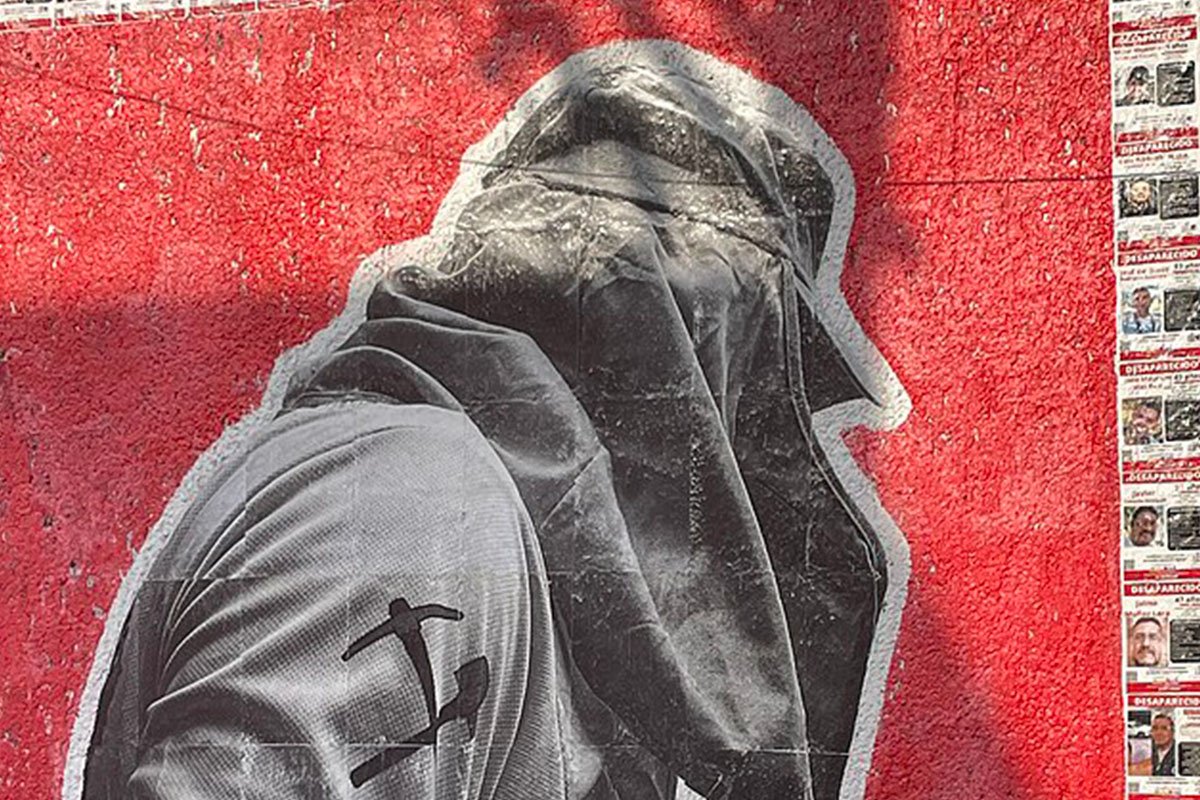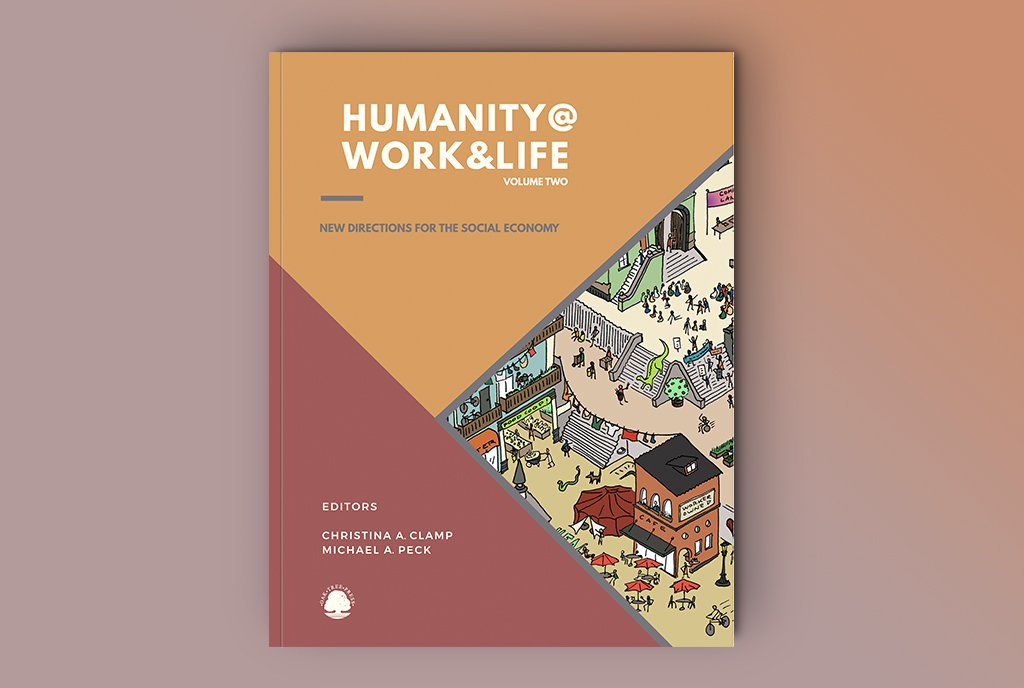Jeremie Greer: Toni Morrison once said, “racism will end when it is no longer profitable and no longer psychologically useful.” What I think that speaks to is the reality that in our structure and system, in our economic systems and our political systems and our cultural systems and a lot of that, there is a real value to whiteness.
There is value that exists for being white. It is not imagined. It is not philosophical. it is tangible. It is real, and it is material. We know Black schools with almost all Black students, or even multiracial schools, get less resources than predominantly white schools—and this often cuts across class distinctions of the students.
Sign up for our free newsletters
Subscribe to NPQ's newsletters to have our top stories delivered directly to your inbox.
By signing up, you agree to our privacy policy and terms of use, and to receive messages from NPQ and our partners.
When there’s a backlash to integrating schools, it is because people feel and perceive a direct threat to the value that their whiteness brings them to have better performing schools than Black students. And the reaction is often to a feeling that—and I’d say in many cases, the reality that—in order to get to equity, something is being taken away.
I don’t want to live in a world of zero sum. But in some cases, some privilege that comes with whiteness has to be taken away in order to get to a place where you have racial equity. That’s just something I believe. Is that the case in all things? Hopefully not. But in a lot of things, I think it is. And we have to deal with that reality. We have to deal with that truth.
I think at the fundamental end of it, it’s not an issue of cajoling or convincing. It’s about building power to change the structures and systems so that that value for whiteness is diminished and goes away and becomes something that is no longer profitable or psychologically convenient anymore.











